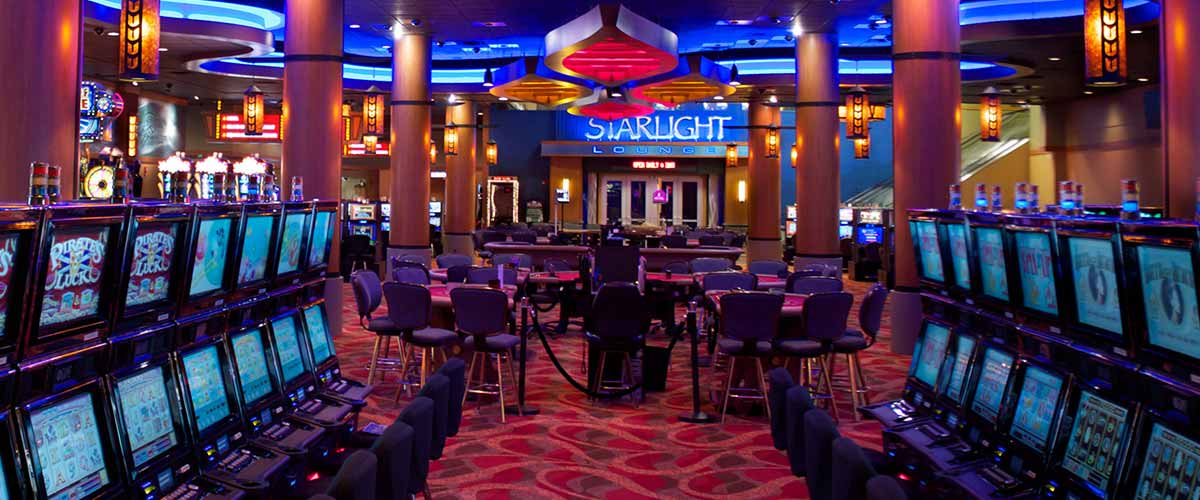Updates on Casino News: Recent Developments in Gaming Regulations

The realm of gambling games is continuously evolving, influenced by shifting laws, technological progress, and evolving player preferences. As authorities and gaming commissions strive to create a safe and just space for gamblers, the framework of gambling laws is undergoing major transformations. Grasping these developments is crucial for both casino operators and gamblers looking to navigate the exciting yet complicated world of gaming.
Lately, multiple jurisdictions have proposed and enforced new rules designed to enhancing player protection while promoting safe gambling. These updates not only impact the types of casino games available but also the manner in which they are advertised and accessed. In this piece, we will explore the latest regulatory updates, their consequences for the industry, and what players can look forward to as they interact with their preferred gambling games.
Revised Governance Structures
New developments in gaming rules are shaping the prospects of casino entertainment across multiple regions. Authorities are realizing the necessity for a comprehensive governance framework that not only safeguards gamblers but also guarantees just competition and sensible gambling. These frameworks are developed to tackle challenges such as online gaming, digital currencies, and advancements in technology, reflecting the changing environment of the gaming sector.
One major change is the introduction of stricter policies regarding transparency and gambler protection. Gambling venues are now required to provide clear data on probabilities, returns, and the associated hazards involving gaming. This change aims to equip customers by allowing them make educated decisions while also aiding to address gambling problems through accountable gaming measures. Operators are required to establish self-restriction initiatives and make available resources for individuals seeking aid.
Additionally, novel rules are being applied to novel innovations such as virtual reality and blockchain in gambling activities. Oversight bodies are developing guidelines to ensure that these innovations maintain authenticity and justice while also safeguarding gambler data. As the industry advances, authorities are adapting to verify that developments improve the gaming environment while safeguarding both customers and entities.
Impact on Casino Game Diversity
The latest developments in gaming policies have unlocked fresh opportunities for gaming experiences, allowing for greater innovation and variety within the industry. As oversight agencies modernize their guidelines, creators are inspired to create distinct gameplay experiences that address a wider demographic. This has led to a diverse array of fresh titles, incorporating diverse concepts, categories, and mechanics that were formerly neglected or restricted by stricter rules.
With a less rigid regulatory framework, gaming establishments are now able to experiment with various types of games, including skill-based games and engaging experiences. This shift has led to a boom in fusion games that mix conventional casino components with contemporary gaming styles, such as video gaming and enhanced reality. By expanding the types of games available, gambling establishments can appeal to not only veteran gamblers but also recreational gamers who may lean towards alternative choices.
Furthermore, the advancement of regulations has highlighted openness and fairness in gaming, which could build increased player confidence. As a benefit, consumers are more willing to try a broader selection of games, realizing they are interacting with sites that comply with updated standards. https://vu88.win/ This growing belief enhances player participation and can ultimately boost financial success as more diverse selections cater to varying tastes and groups in the gaming community.
Future Transitions in Oversight
As the gambling landscape develops, oversight bodies are progressively focused on adopting technology-based solutions to enhance openness and justice. The incorporation of blockchain technology into casino operations is anticipated to gain traction, allowing for greater oversight of operations and ensuring that games remain fair and secure. This transition could lead to a regulatory framework that welcomes these innovations, promoting faith among gamblers and businesses alike.
In addition to technological adoption, there will likely be a greater emphasis on safe gaming practices within the oversight environment. Authorities are expected to implement stricter measures to promote participant protection, including mandatory self-exclusion programs and robust age verification mechanisms. This shift aims to defend vulnerable populations while ensuring that the enjoyment of gambling activities is upheld for prudent gamblers.
Lastly, as internet gaming continues to grow globally, harmonization of oversight across different jurisdictions will become a pressing need. Countries may strive to collaborate more closely on unified standards for permits, operation, and taxation. This could lead to a more efficient regulatory system for global operators, fostering a wider acceptance of internet gambling platforms while maintaining strong of participant protection and honesty in the gambling industry.
